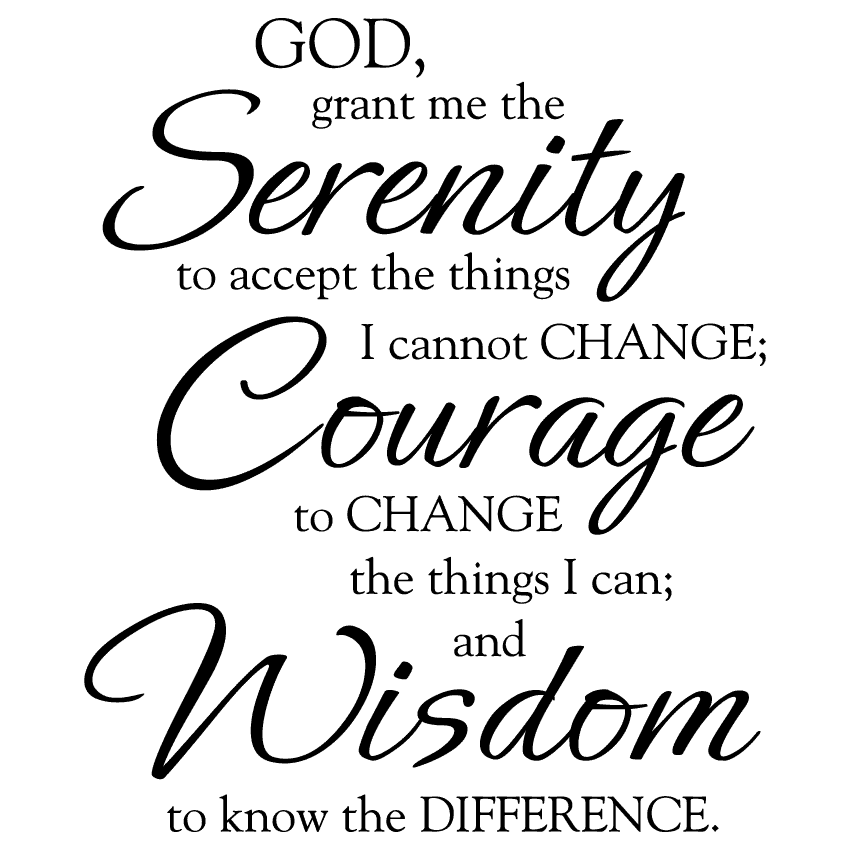In today’s fast-paced world, the question of who holds the primary responsibility for making decisions regarding the upbringing and well-being of young children is one that often sparks heated debates. Some argue that teachers and politicians should have a significant say in the matter, while others firmly believe that parents are the sole authorities in making crucial decisions for their children. In this article, we will explore this topic from a comprehensive and well-informed standpoint, shedding light on why parents are unequivocally the ones who should be at the helm of such decisions, surpassing any arguments to the contrary.
The Inherent Bond Between Parents and Children
To truly understand why parents should be the ultimate decision-makers for their young children, we must delve into the profound and irreplaceable bond that exists between them. From the moment a child is born, parents are intricately connected to their child’s life in ways that no one else can replicate. This bond is not solely biological but is also nurtured through love, care, and countless shared experiences.
Parents are the ones who spend the most time with their children during their formative years. They witness the first steps, hear the first words, and provide the emotional support that is essential for a child’s healthy development. This unique connection gives parents an unparalleled insight into their child’s needs, preferences, and aspirations. It is this intimate knowledge that empowers parents to make informed decisions that align with their child’s best interests.
Tailoring Decisions to Individual Needs
Every child is unique, with their own set of talents, challenges, and aspirations. Recognizing and nurturing these individual traits is paramount for a child’s growth and well-being. Parents, due to their close relationship with their children, are in the best position to tailor decisions to meet their child’s specific needs.
For instance, when it comes to education, parents can choose the most suitable school or educational path based on their child’s learning style and interests. They can provide additional support, such as tutoring or extracurricular activities, that align with their child’s passions. Such personalized decisions are not only difficult for teachers and politicians to make but may also overlook the unique qualities of each child.
Values, Morals, and Cultural Heritage
The values and morals instilled in a child during their early years play a pivotal role in shaping their character and guiding their ethical compass throughout life. Parents are the primary source of these values, passing down their beliefs, cultural heritage, and ethical principles to their children.
While teachers undoubtedly contribute to a child’s education and social development, it is the parents who lay the foundation for a child’s moral and ethical framework. They are the ones who teach kindness, empathy, and respect for others. These values are deeply ingrained in a child’s psyche through daily interactions, rituals, and family traditions.
The Role of Parents in Health and Well-Being
Another critical aspect of parenting involves decisions related to a child’s health and well-being. From choosing a nutritious diet to scheduling regular doctor’s appointments, parents are responsible for safeguarding their child’s physical and emotional health. No one else can replace the vigilance and care that parents provide in this regard.
Moreover, parents are attuned to their child’s emotional well-being. They can detect signs of stress, anxiety, or other emotional challenges that their child may be facing. This insight allows parents to take timely action, seeking professional help or providing emotional support as needed.
Conclusion: The Unquestionable Role of Parents
In conclusion, the notion that teachers or politicians should have a significant say in the decisions regarding young children’s upbringing is unfounded. Parents, by virtue of their inherent bond, intimate knowledge of their children, and their role as the primary source of values and morals, are undeniably the ones who should hold the reins in such matters. They are best equipped to make decisions that are tailored to their child’s individual needs, ensuring a nurturing and supportive environment for their growth and development.
While external influences can certainly complement parental efforts, they should never supplant the pivotal role that parents play in their children’s lives. The responsibility of decision-making for young children ultimately rests on the shoulders of parents, and it is a responsibility they must embrace with love, dedication, and unwavering commitment.
And now, for a little sarcastic twist to wrap things up – because who doesn’t love a hot take? Well, folks, in the grand debate of whether parents or politicians should call the shots for kids, it seems we’ve just uncovered the secret formula to solving all of humanity’s problems: Let’s have politicians decide what your child eats, who they hang out with, and what they learn in school. After all, they’ve got nothing else on their plates, right? In this age of endless wisdom, who needs parents anyway? But hey, don’t worry; we’ve got more gems like this coming your way.











Let’s have politicians decide what your child eats, who they hang out with, and what they learn in school. After all, they’ve got nothing else on their plates, right? In this age of endless wisdom, who needs parents anyway? But hey, don’t worry; we’ve got more gems like this coming your way.